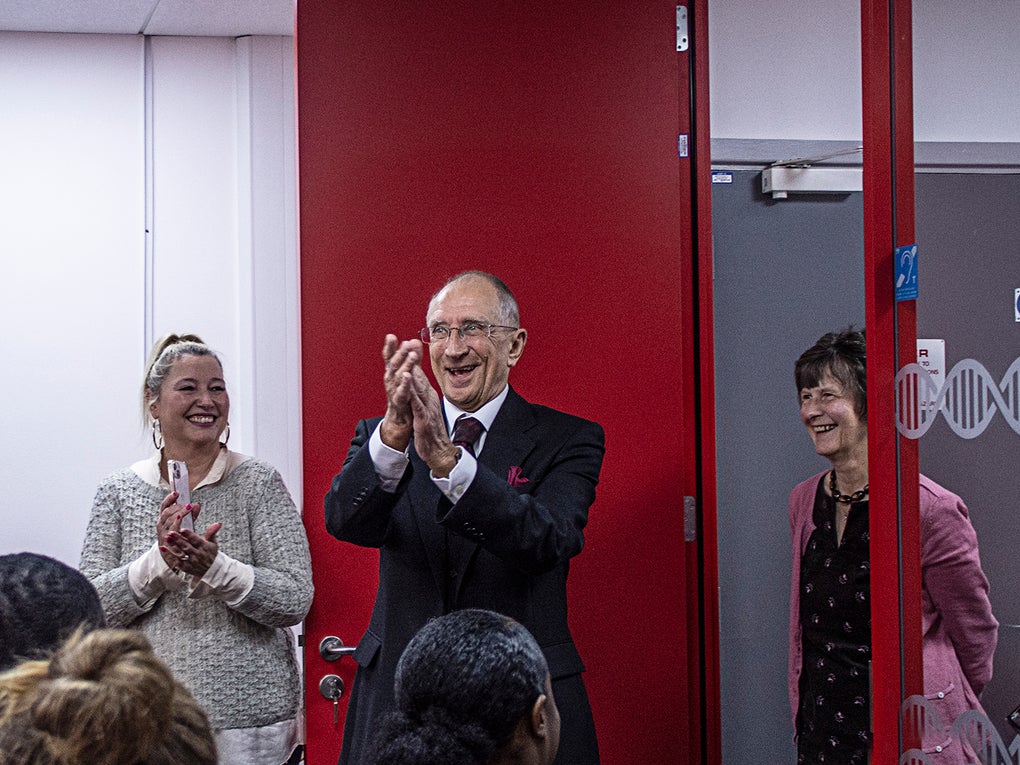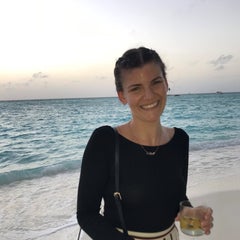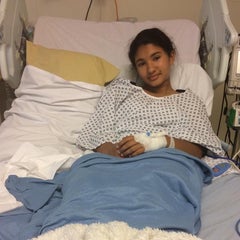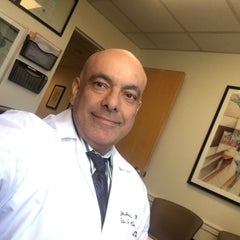
‘I’m here because of the kindness of a stranger’
Ivor, 73, from Andover, discovered he had acute myeloid leukaemia (AML) in 2014, when he went for a routine checkup.
He had no symptoms, other than feeling extreme tiredness which he put down to his busy work schedule including a lot of overseas travel. As a result of the diagnosis, Ivor went from planning the year ahead, to facing extended periods of isolation in hospital in Southampton where he received chemotherapy. He was also told that his best chance of survival was for him to receive a blood stem cell transplant.
As a previously fits and healthy person, Ivor did not want to give up on his ‘old’ life so carried on working from his hospital bed, when he was not feeling too debilitated from the chemotherapy he was receiving.
As if the diagnosis was not shocking enough, Ivor was also advised that his genetic makeup was unusual, so finding a matching stem cell donor was proving more difficult than expected. Genetic make-up can really impact the success rate of finding a closely matched donor. If you are white British, the chances of finding a fully matched donor is 72%. For anyone from a mixed or minority ethnic background, this falls dramatically to 37%.
A few weeks later, Ivor received the surprising, yet good news that there were two possible donors both of who were a 9 out of 10 matches - one in the UK and one in Germany. The decision was made to use the UK-based donor. At this time, Ivor knew that his donor was male and from the UK.
Reflecting on this turbulent time, Ivor said: ‘I had mixed feelings, mostly about the unknown immediate and long-term future, and I missed the companionship of colleagues and friends and the day-to-day involvement in working life. I didn’t dwell much on the treatment, uncomfortable although it frequently was, because I believed implicitly that the medical staff would do whatever was humanly possible to bring about a recovery.’
Following several failed attempts to contact his donor, Ivor had resigned himself to never knowing his identity. But in the end, an anonymous letter from the donor reached him. He was overwhelmed by the surprise, excited and relieved.
Introducing Mark
Mark, 54, from Whitham, spotted a post from a police Facebook page about a young boy called Tyler, from Rhode Island USA who had been diagnosed with leukaemia for the second time. His mum, fearing that his next birthday could be his last, was sharing their story and arranging blood drives to try and find him a match. Mark found the info on a local drive and joined the register in 2014.
A year after joining the register, Mark received the call to say he was a match. He said: ‘It felt amazing that I could actually be asked to do what I had signed up for. I also thought about the patient and how they must be feeling knowing that there is hope. I however tried not to get too carried away as I was aware that I was not the only match and that many tests had to be done to ensure I could donate.’
In 2016, Mark was confirmed as the best match. He knew nothing about the person who he was to donate to but this do not stop him going ahead. When he did the donation, he was only told they were an adult male and that they lived in the UK.

Ivor and Mark to meet
Now seven years later, Mark and Ivor are set to meet at the DKMS offices in London on 16 February 2023.
Reflecting on meeting his donor Mark, Ivor said: ‘I had always wanted to have the opportunity to thank him in person. I am so much looking forward to doing so’.
Mark said: ‘I feel very excited to finally be meeting Ivor but also a little nervous too, which I can't explain why. However, I am very much looking forward to it. ‘
Stephan Schumacher, UK Country Manager said: ‘It’s a privilege for us to be part of this emotional meeting between Ivor and Mark, for us to witness Ivor meeting this lifesaver face to face for the first time. We want help create so many more of these magical moments. We want every patient who needs a stem cell transplant to receive one, and then go on to meet their lifesaver.
‘This is only possible when amazing people like Mark, register as potential donors.
‘Sometimes people cannot register, but we welcome them to be part of the DKMS community as fundraising supporters, volunteers or advocates of our work.’
- End -
Anyone aged between 17-55 and in general good health can go on standby as a potential lifesaver. Please go to www.dkms.org.uk and request your home swab kit today.
About DKMS
- DKMS is a global not-for-profit organisation that started in Germany in 1991 around one family’s search for a donor. Dr. Peter Harf founded DKMS in honour of his wife Mechtild, who had sadly lost her battle with blood cancer. Peter promised his wife to help every blood cancer patient searching for a matching donor.
- Today, DKMS operates in Germany, US, Poland, Chile, India, South Africa and the UK.
- DKMS is dedicated to the fight against blood cancer through recruiting stem cell donors and providing second chances at life; creating awareness of blood disorders and raising funds to match donor registration costs.
- To date, DKMS has registered over 11 million potential blood stem cell donors worldwide. Over 95,000 people around the world have received a potentially lifesaving blood stem cell donation through DKMS.
- In the UK, DKMS has registered over 607,000 blood stem cell donors to date and helped to give over 1.200 people a second chance at life.
- DKMS launched in the UK in 2013. DKMS is the trading name of DKMS Foundation, a registered charity in England and Wales (1150056) and Scotland (SC046917). DKMS is a limited company registered in England and Wales (08151279).
Blood stem cell donation
- To be considered a match, the donor and patient must share similar tissue characteristics.
- If you match with someone who needs a blood stem cell donation, the two methods through which blood stem cells are collected are either: a donation of peripheral stem cells collected via the bloodstream (around 90 per cent of donations are made this way) or a donation of bone marrow collected from the back of the pelvic bone.
- Every 20 minutes, someone in the UK is diagnosed with a blood cancer such as leukaemia, lymphoma or myeloma (Cancer Research UK, 2014).
- At any one time, there are around 2,000 people in the UK in need of a blood stem cell transplant.


